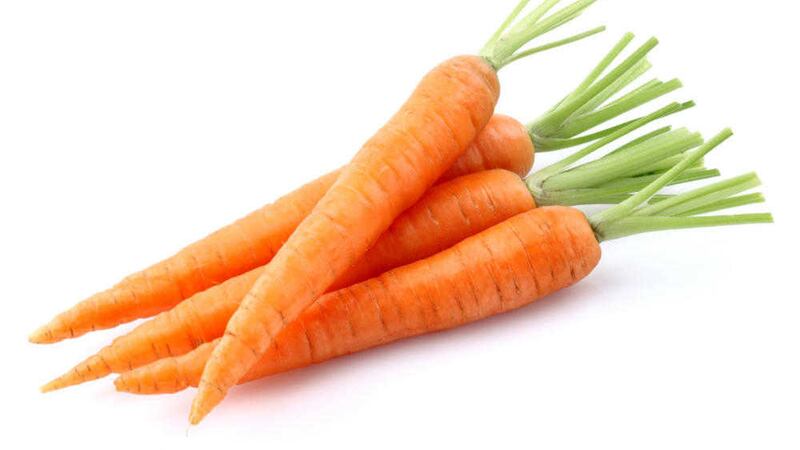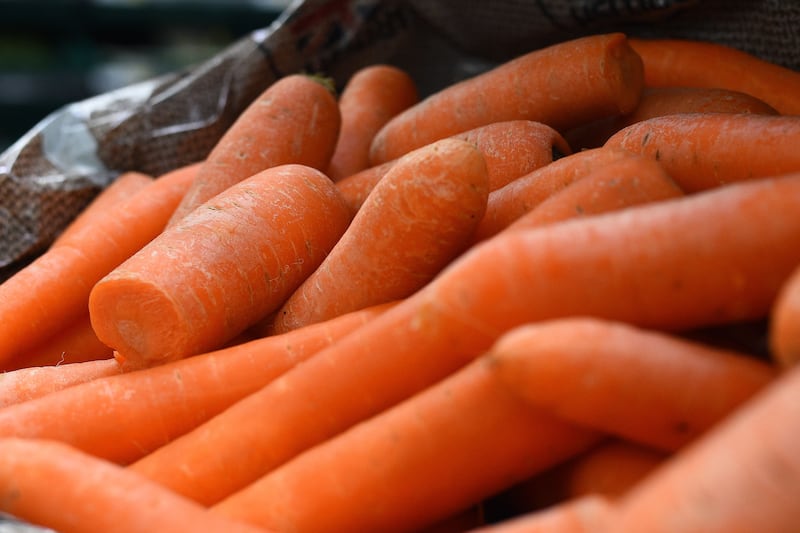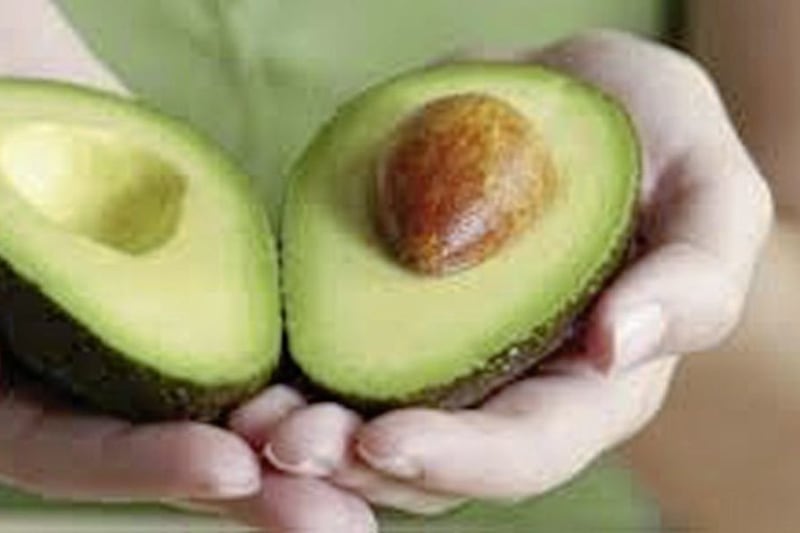EATING carrots can cut the risk of hard-to-treat types of breast cancer by up to 60%, research has shown.
The Bugs Bunny therapy relies on the orange pigment carotene which is abundant in carrots and also found in other colourful and dark green vegetables, including red peppers and spinach.
An international team of scientists discovered the link after comparing the diets of 3,000 European women with and without breast cancer.
Women with the largest consumption of foods rich in carotene, such as carrots and peppers, were between 40 per cent and 60 per cent less likely to develop non-hormone sensitive breast cancers than those who ate the least.
So-called "oestrogen receptor negative" breast cancer accounts for around one in three cases of the disease.
It is often harder to treat than more common forms of breast cancer that are stimulated by the female hormone oestrogen.
Two sub-types of carotene - beta carotene and alpha carotene - both had a beneficial effect, the study found. The biggest reduction in breast cancer risk was from alpha carotene.
Separate analysis showed that vitamin C appeared to protect women against oestrogen and progesterone-sensitive breast cancers.
The scientists, led by Dr Marije Bakker, from University Medical Centre, Utrecht, the Netherlands, wrote: "Although our findings support the hypothesis that high concentrations of several carotenoids and vitamin C may protect against the development of hormone receptor specific breast cancer, this does not necessarily mean that it helps to take dietary supplements."
Carotenes are powerful antioxidants and in the body they are converted to vitamin A, especially beta carotene.
The vitamin improves vision in dim light and boosts the immune system's ability to combat infection. But research suggests that too much vitamin A may lead to brittle bones and harm unborn babies.
Women from 10 countries with a wide age range, younger and older than 50, took part in the study, published in the American Journal of Clinical Nutrition.
Commenting on the findings, Dr Richard Berks, from the charity Breast Cancer Now, said: "We've long known that a healthy diet - carrots included - can help to lower your risk of breast cancer because it helps to maintain a healthy weight.
"While it's really important to eat vegetables as part of a balanced diet, there is unfortunately no such thing as a superfood when it comes to breast cancer risk.
"Everyone can reduce their risk of breast cancer and many other diseases through healthy lifestyle choices - such as maintaining a healthy weight, having a varied and balanced diet, being more active, and limiting your alcohol intake."








